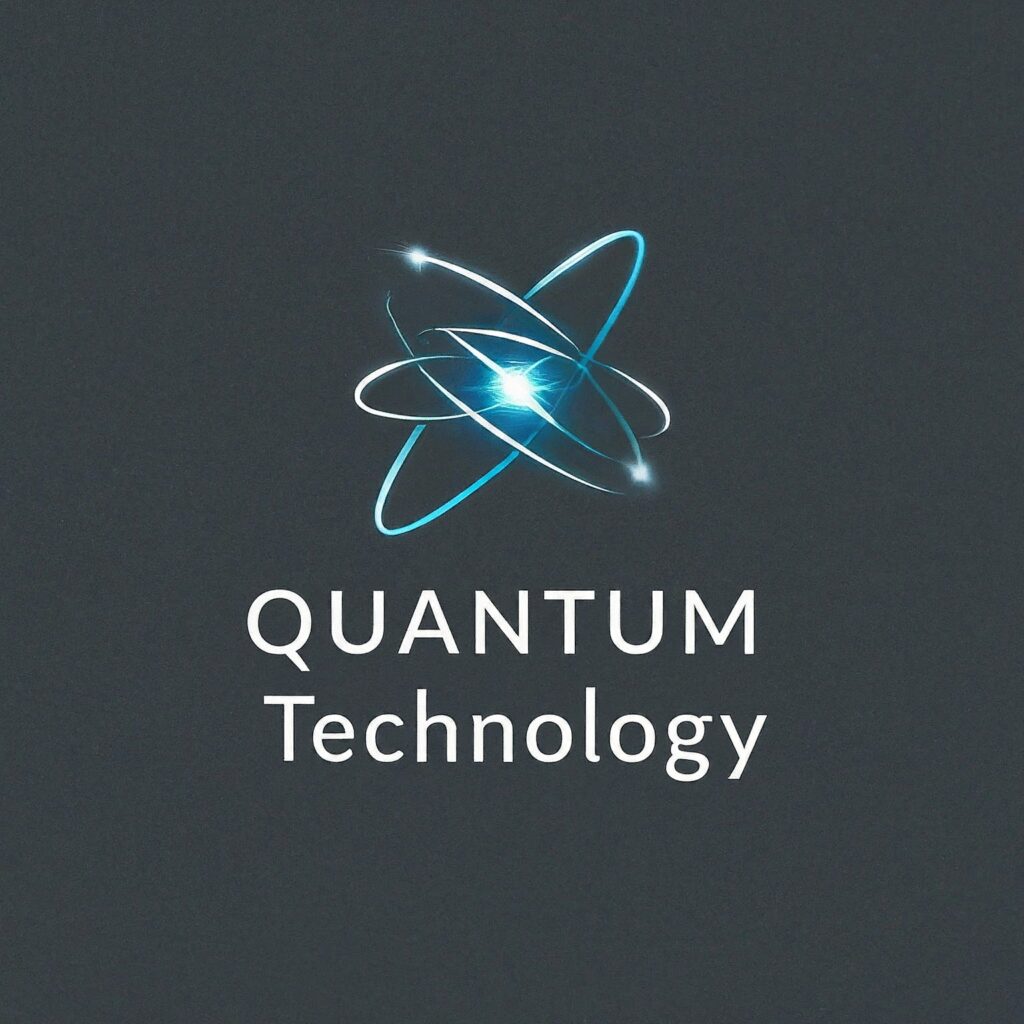The world of risk management, crucial for businesses and financial institutions, relies heavily on predicting and mitigating potential threats. However, traditional methods often struggle with complex scenarios and vast datasets. Quantum computing, a rapidly evolving technology harnessing the laws of quantum mechanics, presents a revolutionary approach to risk assessment. A recent study published in the Journal of Artificial Intelligence Research (“Quantum Computing in Risk Assessment” explores the potential of quantum algorithms to revolutionize risk management practices.
The Challenge of Traditional Risk Assessment:
Risk assessment involves analyzing potential threats, their likelihood, and their potential impact. Traditional methods often rely on historical data and statistical models, which can be limited by:
- Complexity: Real-world scenarios are intricate and involve multiple variables, making it challenging for classical models to capture all the relevant factors.
- Uncertainty: Market fluctuations, unforeseen events, and human behavior introduce inherent uncertainty, making accurate predictions difficult.
- Data Limitations: Traditional algorithms may struggle with the sheer volume and complexity of data required for comprehensive risk assessment, particularly in areas like financial markets or climate modeling.
Quantum Computing: A Powerful New Tool:
Quantum computers operate on the principles of quantum mechanics, exploiting phenomena like superposition and entanglement to perform calculations in a fundamentally different way than classical computers. This opens doors for tackling complex problems with unprecedented power:
- Simultaneous Exploration: Quantum computers can explore multiple possibilities simultaneously, offering a significant advantage in analyzing complex risk scenarios with numerous variables.
- Enhanced Data Handling: Quantum algorithms have the potential to handle vast datasets more efficiently, leading to more comprehensive and accurate risk assessments.
- Uncertainty Quantification: While uncertainty is inherent, quantum algorithms can analyze and quantify this uncertainty more effectively, leading to more nuanced risk models.
The Study’s Exploration of Quantum Techniques:
The study delves into specific quantum algorithms suitable for risk management:
- Quantum Monte Carlo Simulations: These simulations leverage quantum properties to model complex probabilistic scenarios, providing a more accurate assessment of potential risks.
- Quantum Machine Learning: Quantum machine learning algorithms can learn from vast datasets to identify patterns and correlations that could be missed by classical algorithms, leading to improved risk prediction.
- Quantum Annealing: This technique can help optimize complex optimization problems encountered in risk management, such as finding the most cost-effective risk mitigation strategies.
Potential Benefits of Quantum Risk Assessment:
- Enhanced Risk Identification: Quantum algorithms could identify previously unknown or overlooked risks, leading to a more comprehensive understanding of potential threats.
- Improved Decision Making: More accurate risk assessments would empower businesses and institutions to make informed decisions regarding risk mitigation and resource allocation.
- Increased Efficiency: Quantum algorithms could streamline the risk assessment process, leading to faster and more cost-effective risk management strategies.
Early Stage and Room for Growth:
While promising, quantum risk assessment is still in its early stages. Challenges remain:
- Hardware Availability: Current quantum computers are still in early development stages and lack the power and scalability needed for large-scale risk management applications.
- Algorithmic Development: Optimizing and tailoring quantum algorithms for specific risk assessment tasks requires further research.
- Integration with Existing Systems: Developing seamless integration between quantum algorithms and current risk management workflows is crucial for practical applications.
A Look Ahead: The Future of Quantum Risk Management
The study on quantum computing in risk assessment highlights the revolutionary potential of this technology. As research progresses, overcoming the technical challenges will unlock the power of quantum algorithms for risk management. Here’s a glimpse into the potential future:
- Resilient Financial Markets: Quantum risk assessment could lead to more stable and resilient financial markets by enabling better prediction and mitigation of systemic risks.
- Enhanced Infrastructure Security: Quantum algorithms could assist in identifying and mitigating cyber threats, safeguarding critical infrastructure from attacks.
- More Sustainable Practices: Quantum-powered risk assessment could empower businesses to make more informed decisions regarding environmental risks and promote sustainable practices.
Conclusion: A Quantum Leap Forward for Uncertainty Management:
Quantum computing offers a paradigm shift in risk assessment. By leveraging the unique capabilities of quantum algorithms, we can move beyond the limitations of traditional methods and gain a deeper understanding of complex risks. This paves the way for a future where uncertainty is not just managed but actively quantified and mitigated, fostering more resilient and secure decision-making across various sectors. As quantum technology matures, the potential of quantum risk assessment to revolutionize how we manage uncertainty is undeniable.
